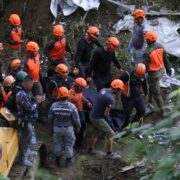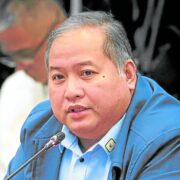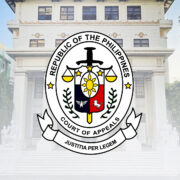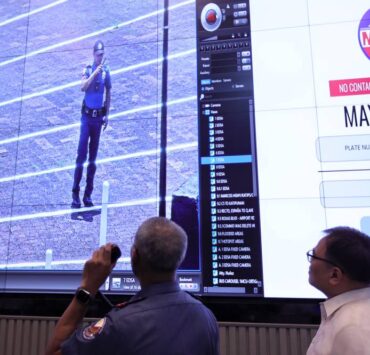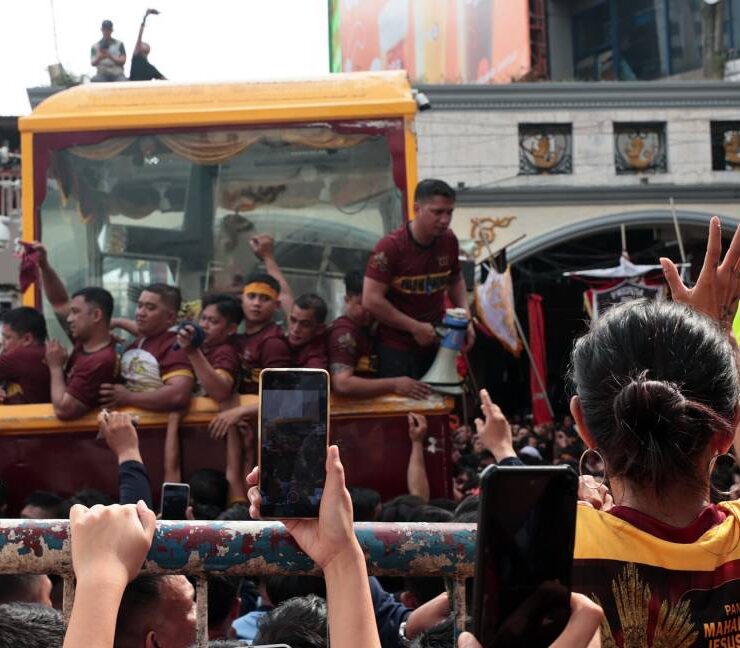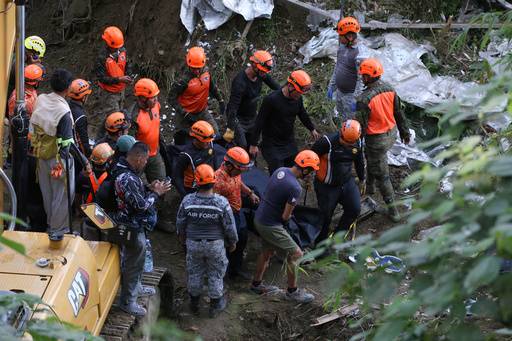Priority for PH schools: Stable power, internet
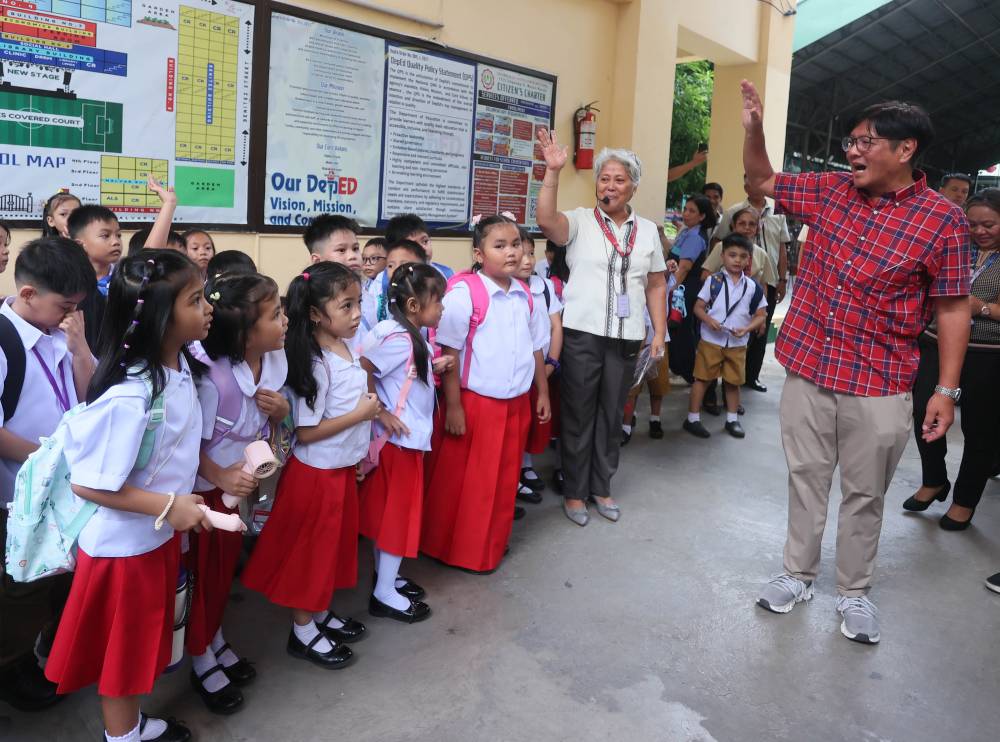
President Marcos on Monday called for stronger government action to address long-standing problems in public schools, including the unstable electricity supply and internet access, heavy teacher workload, and poor student well-being.
In an interview after inspecting schools on the first day of classes, the President said he had directed the Department of Energy (DOE) and other agencies to prioritize providing electricity, especially to those in geographically isolated and disadvantaged areas.
“The biggest problem really is electricity. We need to ensure 100-percent coverage, especially in underserved and remote areas,” he said.
Mr. Marcos said he had instructed various departments to coordinate with the Department of Education (DepEd) in addressing school needs.
“All of these—electricity, water, connectivity, nutrition, health—these are the basic services we need to ensure quality education for our children,” he pointed out.
He also tasked the Department of Information and Communications Technology to expand internet access, noting that only 60 percent of schools currently have connectivity.
Additional teaching staff
To address the shortage of personnel, the President said DepEd would hire 36,000 new teachers and administrative staff.
He announced that the 16,000 teaching positions opened in May had been filled just in time for the opening of classes.
The teaching positions were approved by the Department of Budget and Management last month and made up the first batch of a total of 20,000 positions.
In the same month, the budget department also authorized the hiring of 10,000 nonteaching positions for DepEd.
“We’re hiring 10,000 administrative staff to take care of paperwork and operations, so teachers can focus solely on teaching,” the President said.
He also ordered the Department of Trade and Industry and the Department of Transportation to come up with measures to reduce school-related expenses for families.
He likewise tasked the Department of Health to maintain health facilities in schools for emergency medical care.
“We’re also expanding the feeding program next month, building on our existing nutrition programs that begin from pregnancy up to early childhood. Now, we are focusing on children aged 5 and up,” he said.
The President also expressed concern over the prevalence of bullying in schools and directed the Department of Social Welfare and Development to address the cases and expand the government’s feeding program.
“Cyberbullying and other forms of bullying have become a serious mental health issue that affects students’ ability to learn,” he noted.
Smooth opening
The President inspected Epifanio Delos Santos Elementary School in Malate, Manila, on Monday morning.
He also held a brief online conference call with school officials from around the country, which led him to conclude that everything was “going well.”
Education Secretary Sonny Angara, at the sidelines of his visit to Tenement Elementary School in Taguig City, said the opening of classes went smoothly, although he acknowledged that there were classrooms that needed repairs.
He acknowledged that there remains a “crisis” in the education sector, particularly in classrooms, but added that “it’s manageable.”
The opening of classes, he said, also signals the rollout of the new K-12 curriculum in around 900 schools.
As for teaching staff working multiple shifts, Angara said DepEd had been studying the overtime pay for teachers.
“This is also why we are doubling efforts to hire more teachers so that our current lineup of teachers won’t be exhausted by filling in other roles,” he added.
Persistent problems
For the ACT Teachers party list, the “real state” of the country’s public schools will be exposed with the launch on Monday of its annual “Bisita-Eskwela” (School Visit) initiative aimed at documenting problems plaguing the education system.
Outgoing ACT Teachers Rep. France Castro and the group’s Representative-elect Antonio Tinio visited several schools in Quezon City and Caloocan City.
According to Castro, the initiative involves direct consultations with school administrators, teachers, staff and students to look into long-standing issues in public schools, such as classroom and teacher shortages, congestion, multiple shifting schedules, and the implementation of blended learning.
“We launched ‘Bisita-Eskwela’ to see for ourselves the harsh realities our teachers and students face daily—realities that are often glossed over by the [DepEd’s] rosy reports,” she said.
For Tinio, the findings would be crucial for legislative work in the 20th Congress.
ACT Teachers party list vowed to use the findings from the visits to intensify the call for a higher education budget, the construction of more classrooms, the hiring of more teachers, and the implementation of a substantial salary increase for all education workers. —WITH REPORTS FROM JEANNETTE I. ANDRADE, DEMPSEY REYES AND LUISA CABATO




